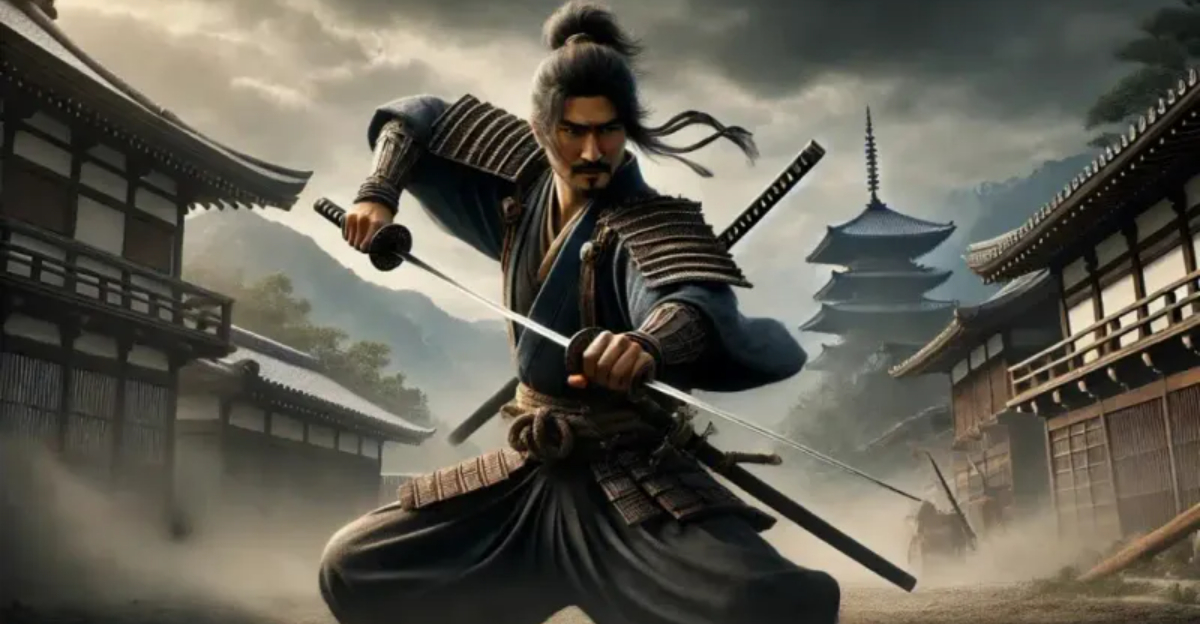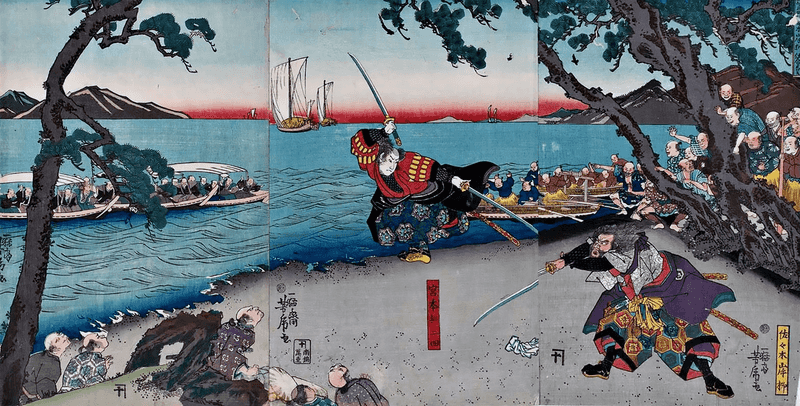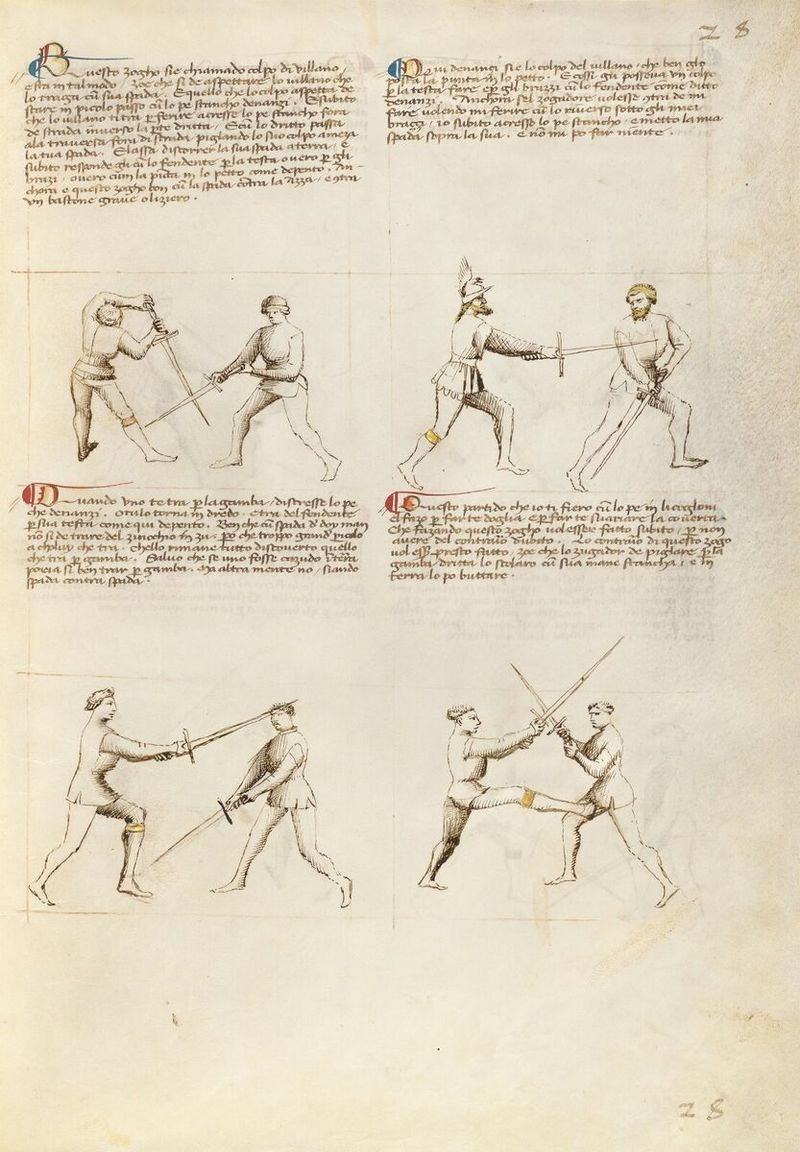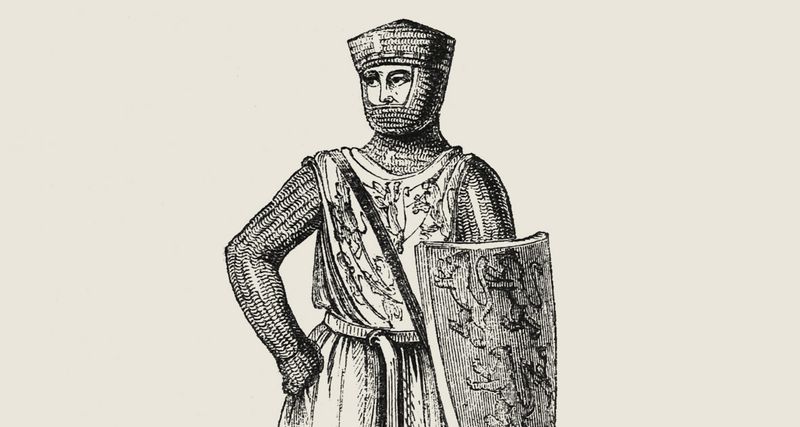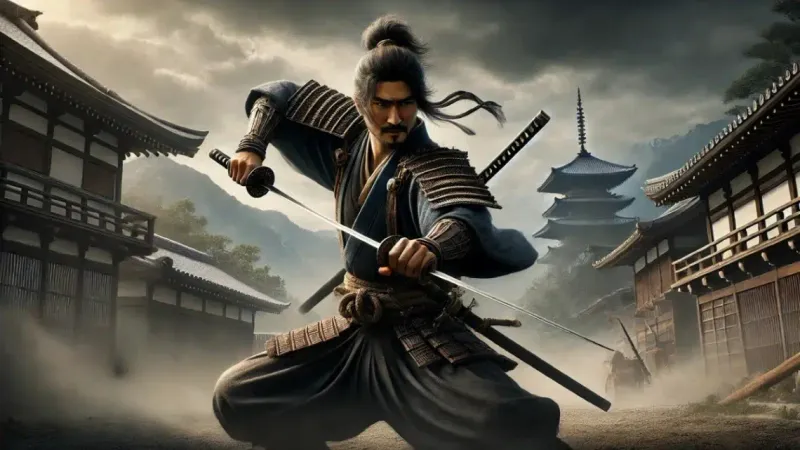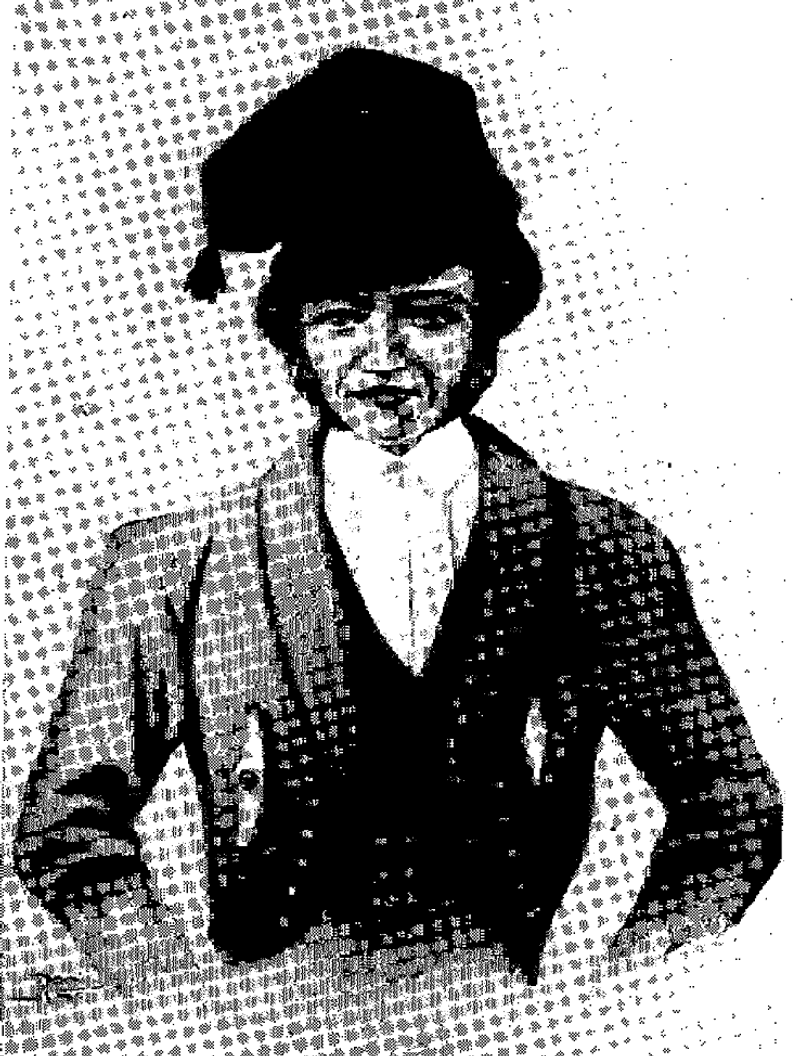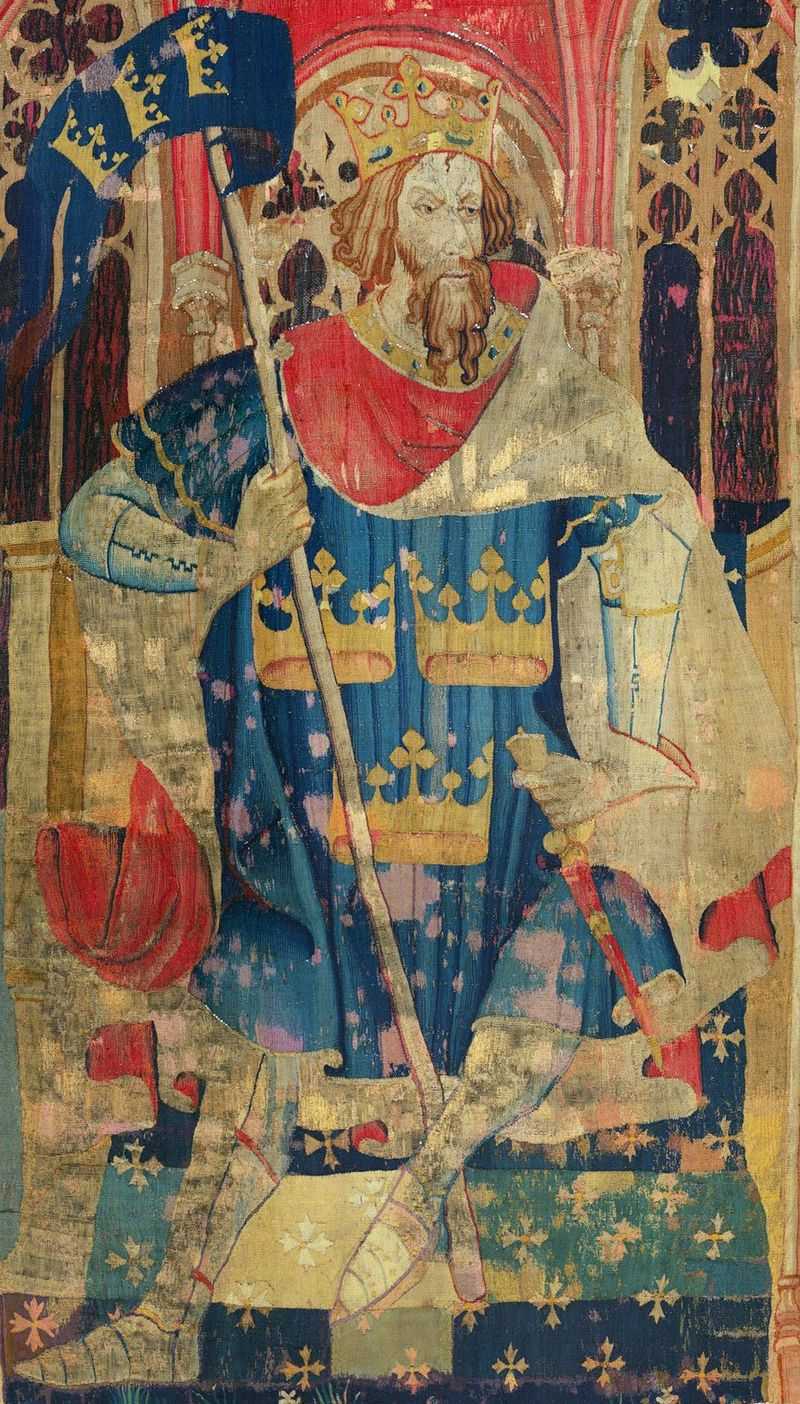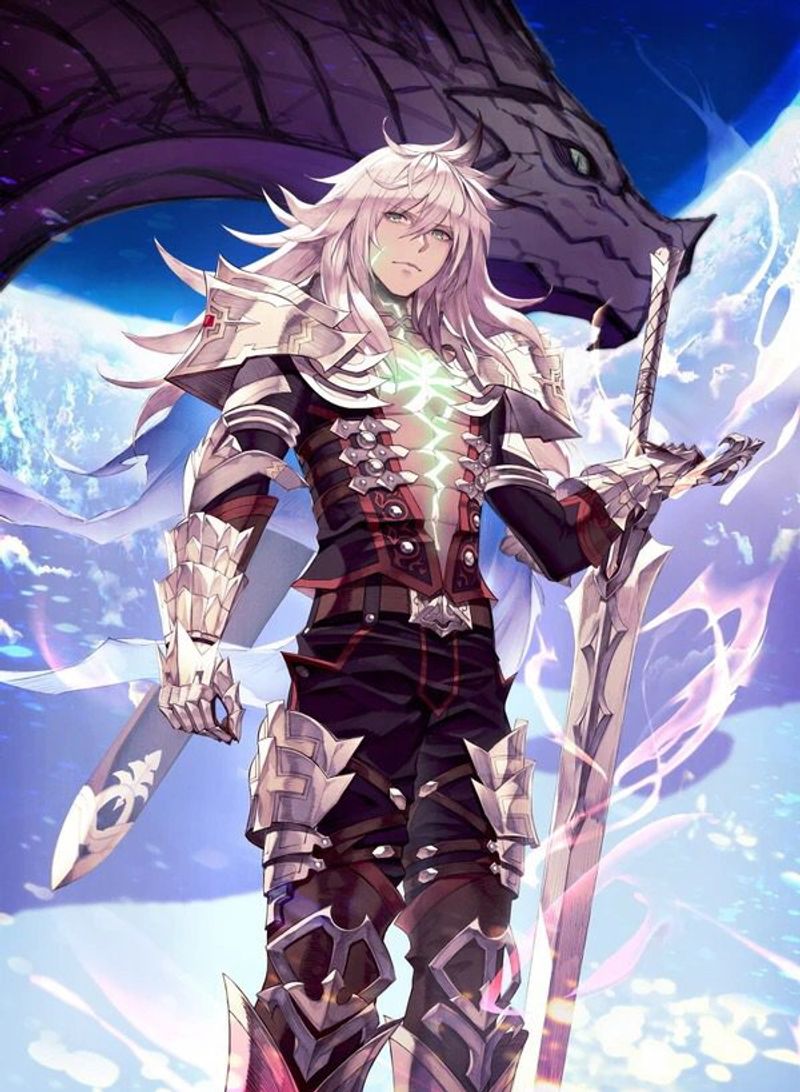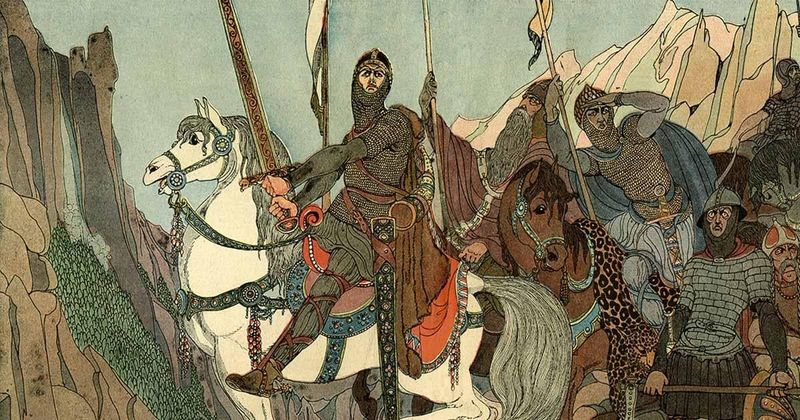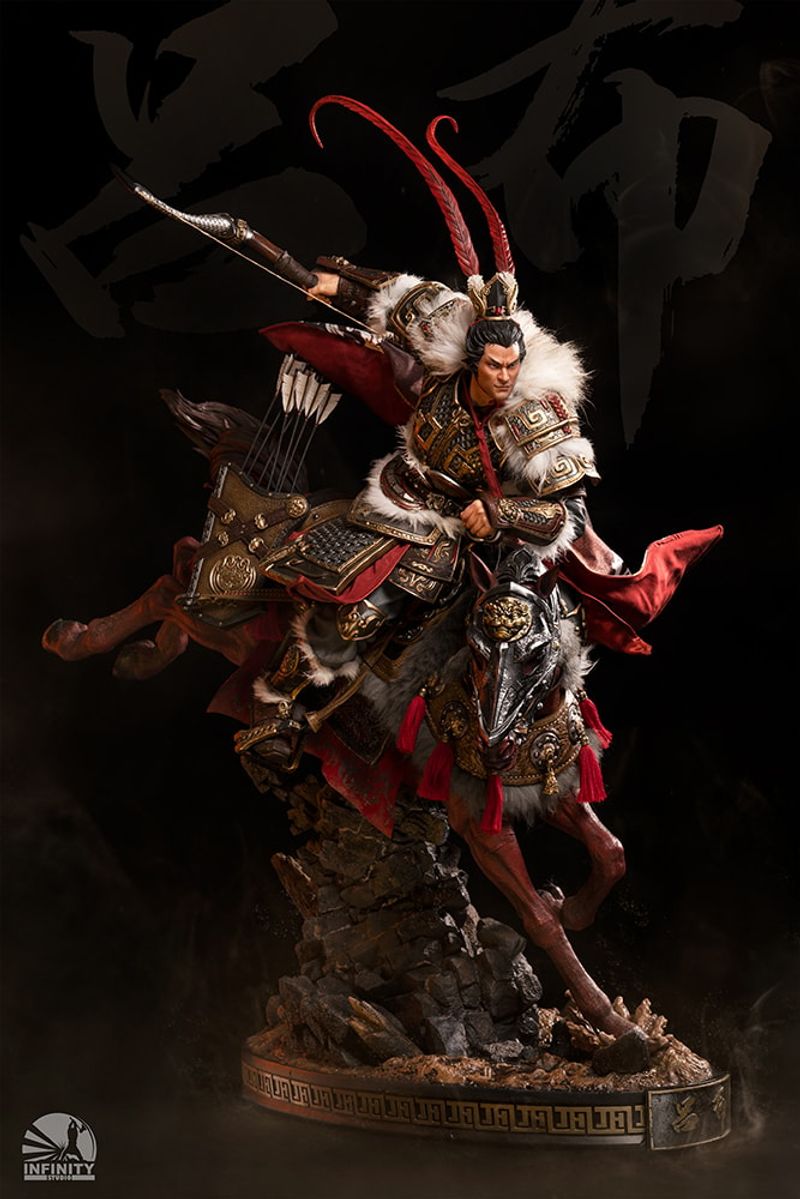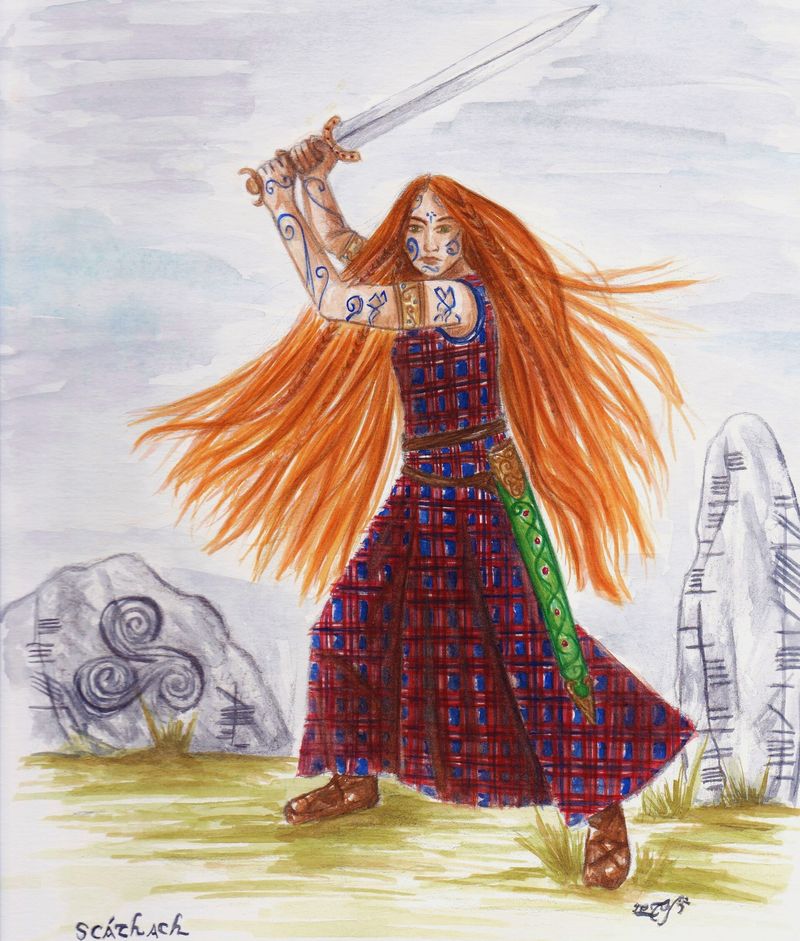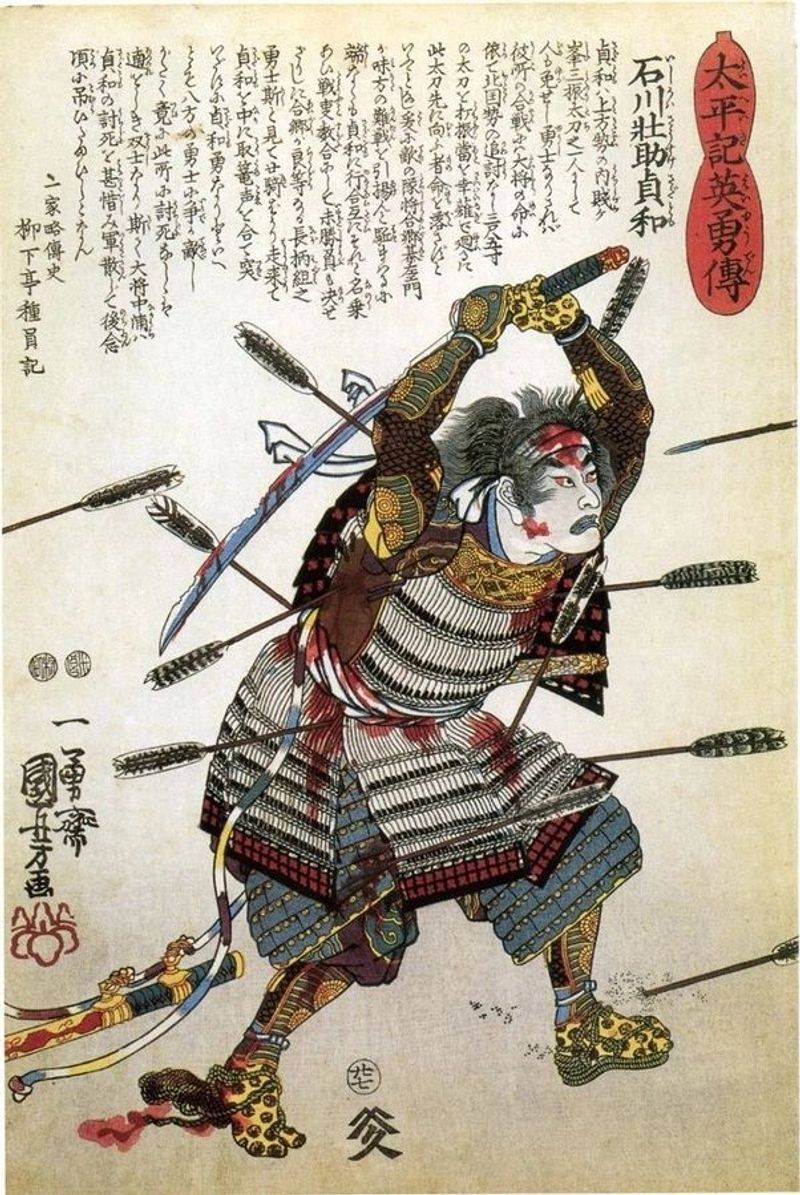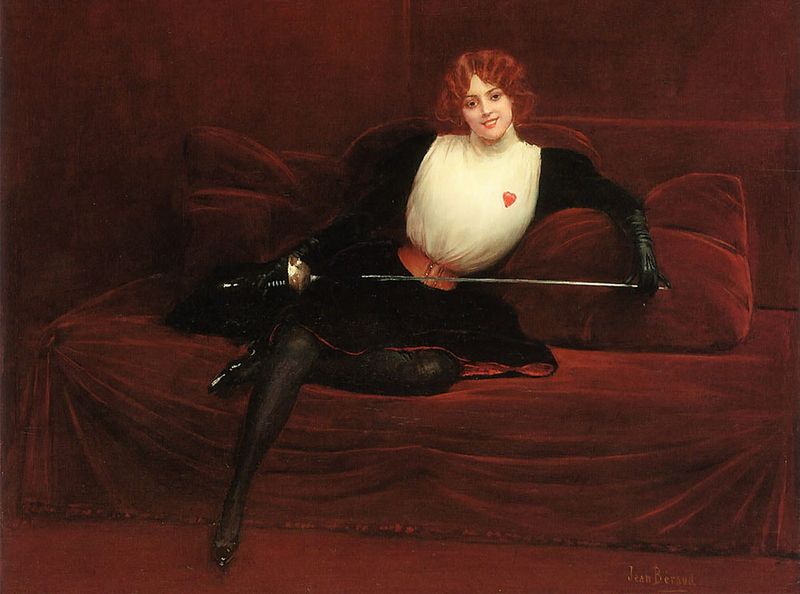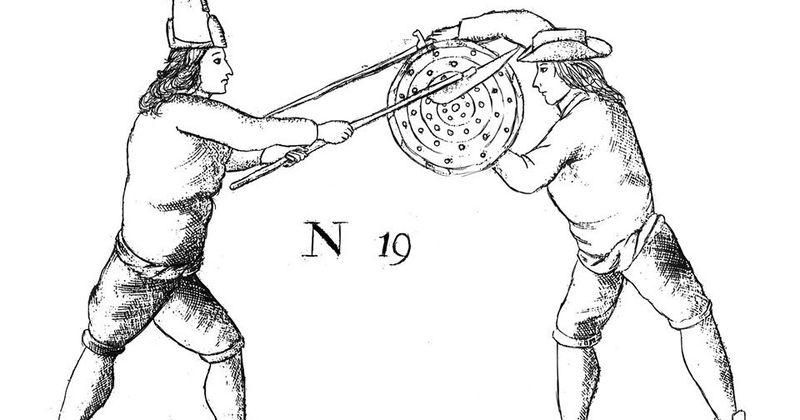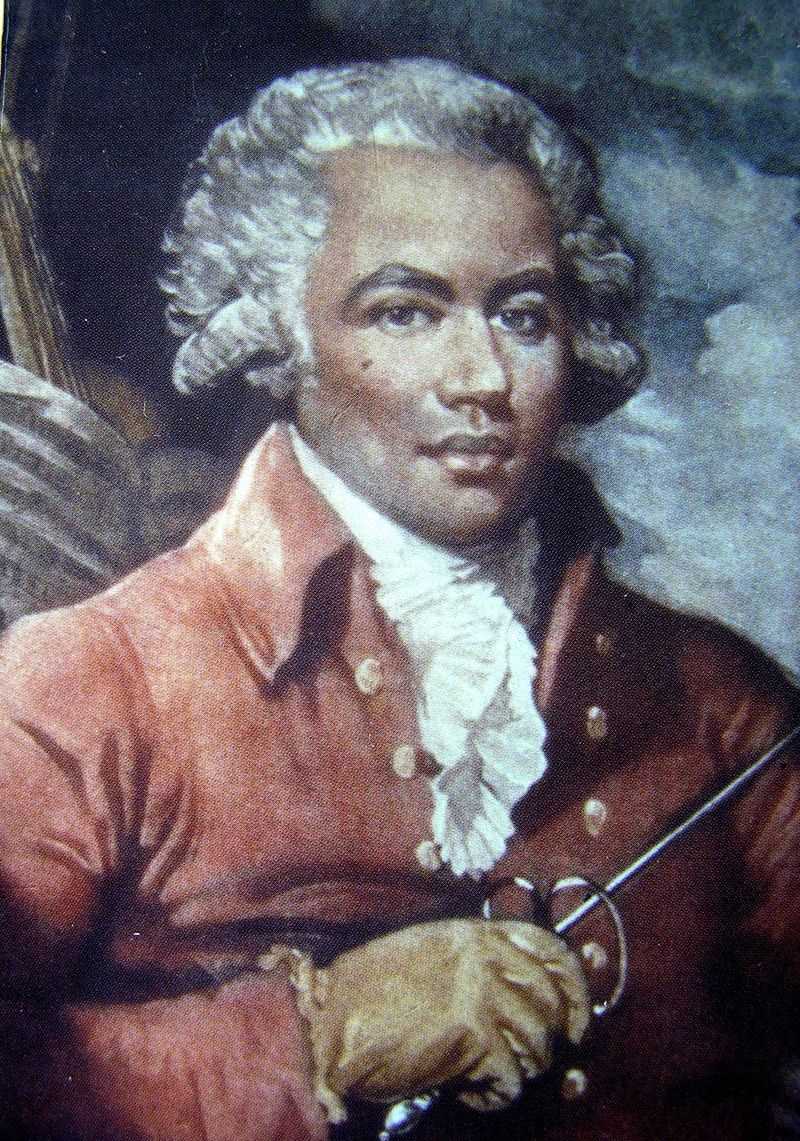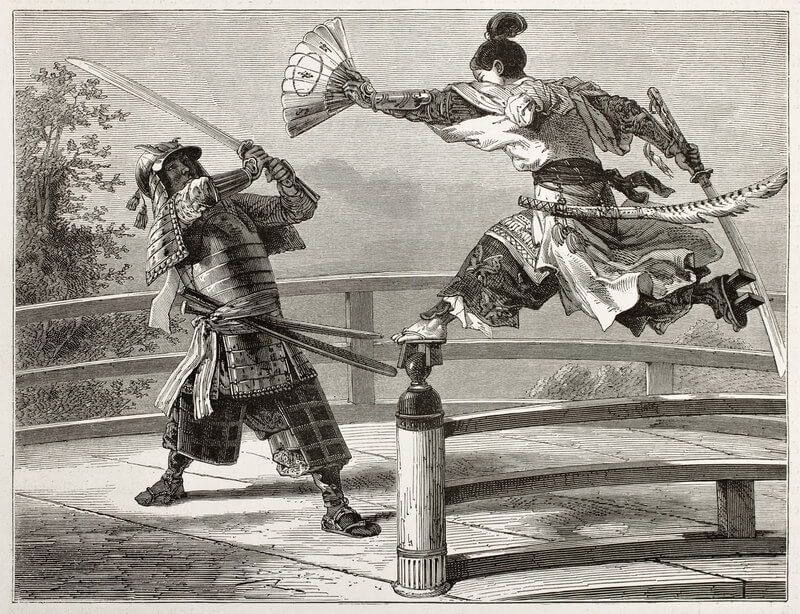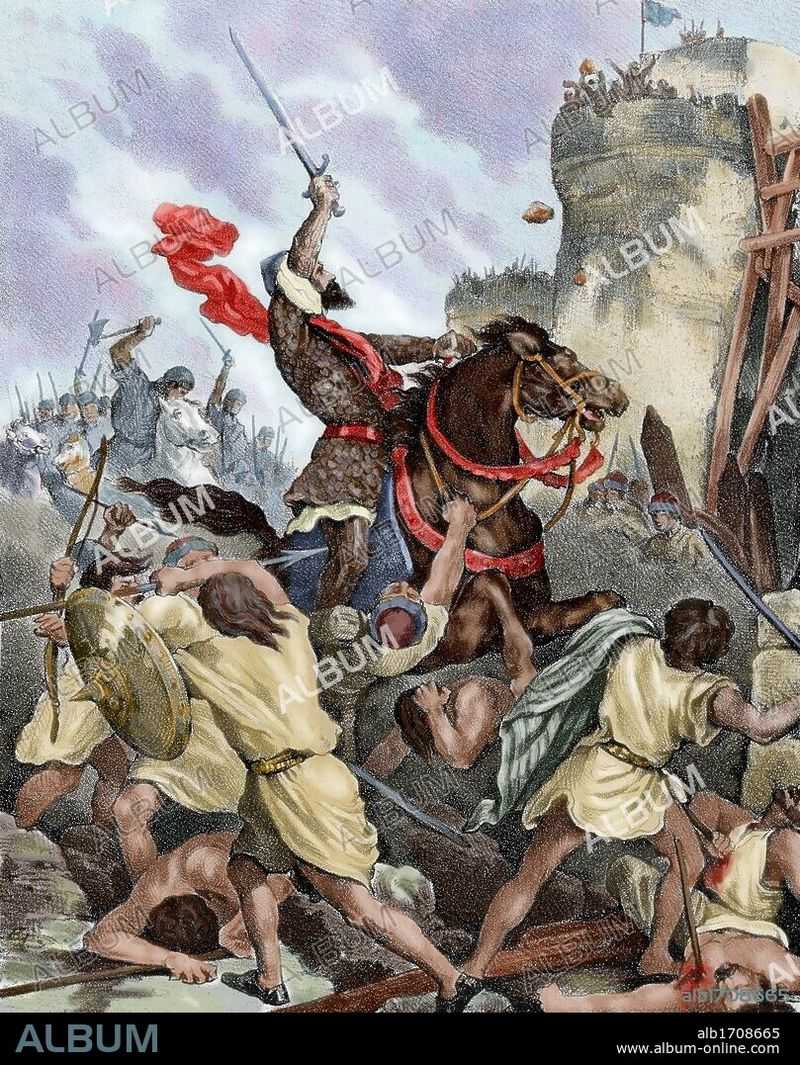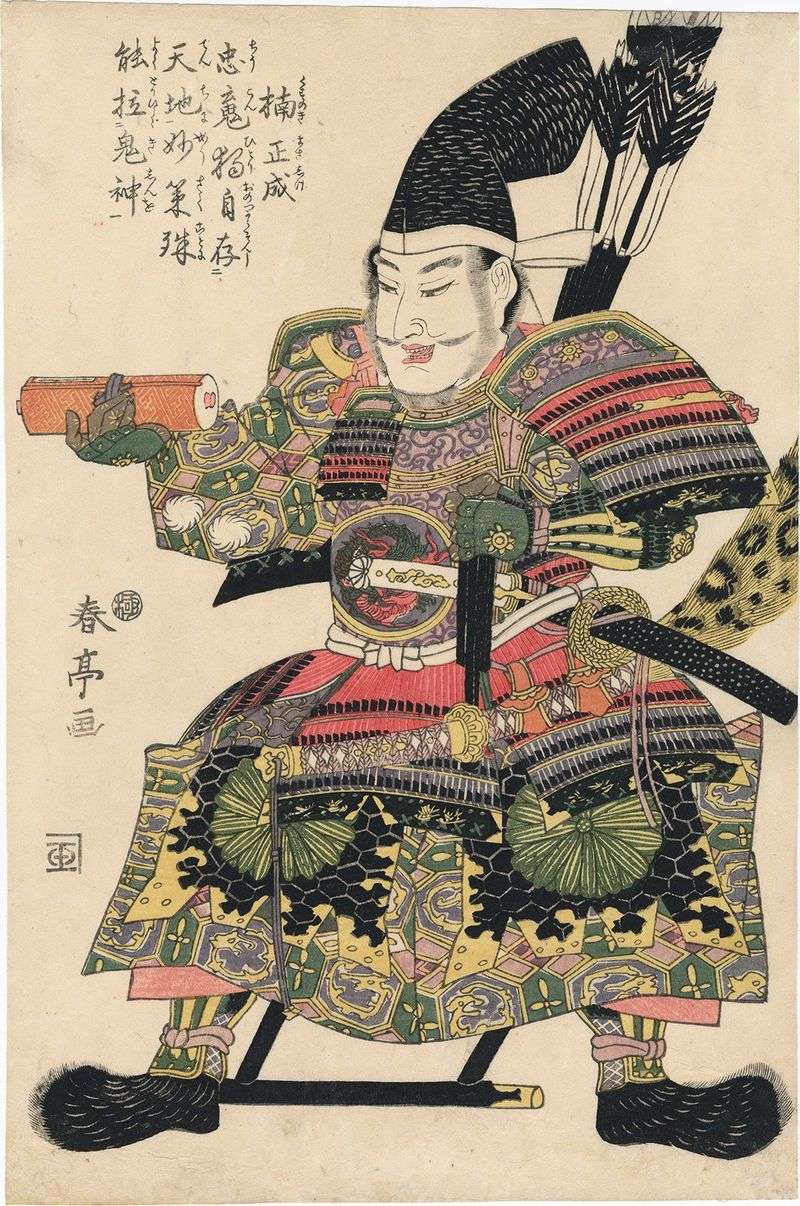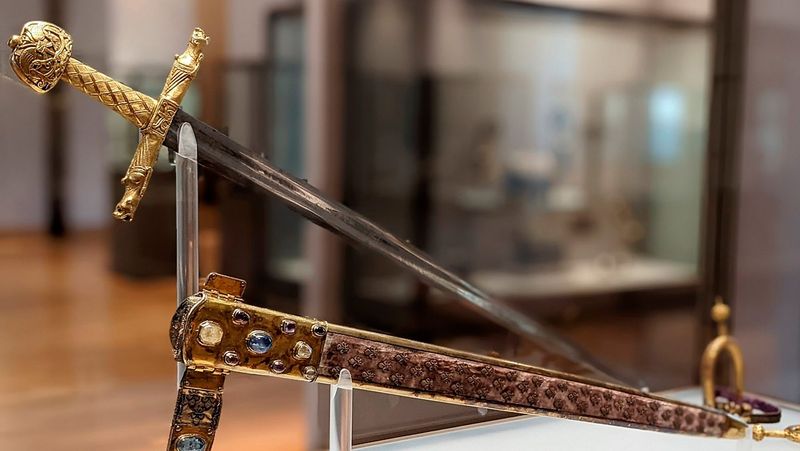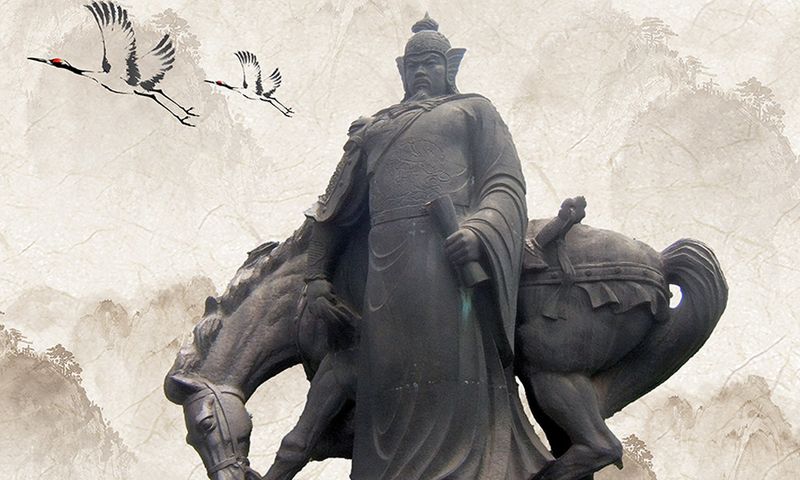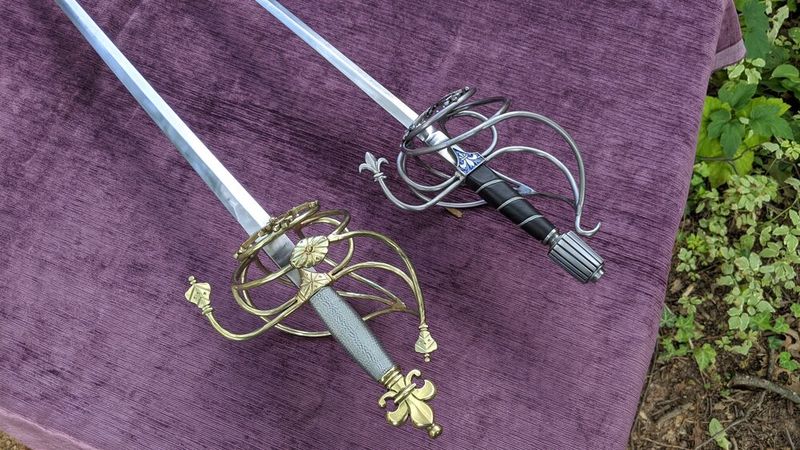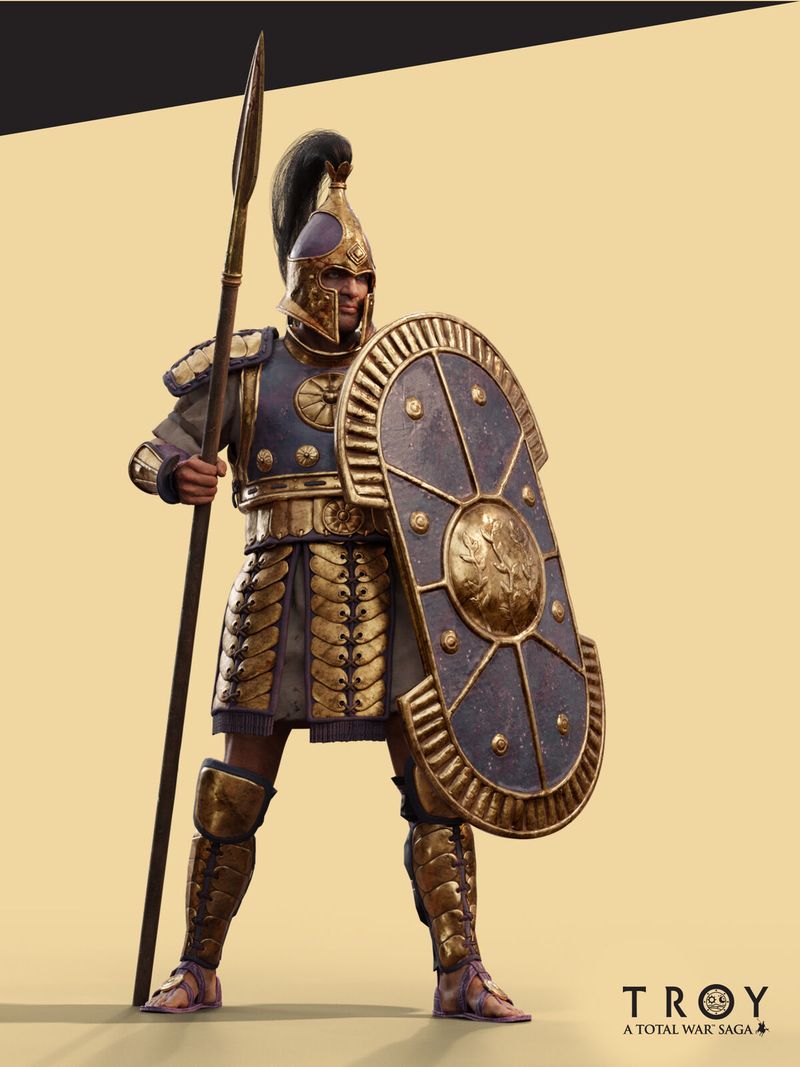Throughout history and myth, there have been warriors whose skills with a blade made them legends. These master swordsmen, whether historical figures or mythical heroes, never lost a battle or duel. Their stories inspire awe and reverence, as they wielded their weapons with unmatched prowess and indomitable spirit. From the ancient battlefields of Japan to the legendary courts of King Arthur, these 23 figures left a lasting legacy. Explore their tales, understand their techniques, and discover what made their blades truly indomitable.
1. Sasaki Kojiro (Japan)
Sasaki Kojiro, a formidable swordsman in Japanese history, was known for his unparalleled skill and agility. He wielded a unique blade, the Monohoshizao or “The Drying Pole,” which complemented his famous technique called “Swallow Cut.” This move was said to be so swift it could strike a bird mid-flight. Though undefeated in his time, Kojiro’s most famous duel with Miyamoto Musashi ended in his demise. Despite this, his legacy as a master swordsman continues, celebrated for his elegance and the ethereal precision of his fighting style.
2. Fiore dei Liberi (Italy)
Fiore dei Liberi, an esteemed 14th-century Italian fencing master, authored the renowned combat manual “Flower of Battle.” His expertise in the longsword and diverse combat techniques secured him victory in over 200 duels. Liberi’s teachings encompassed a holistic view of martial arts, integrating mental and physical prowess. His work laid the foundation for European swordsmanship, influencing generations of fighters. Revered for his tactical brilliance, Liberi’s legendary status endures, as his principles continue to guide swordsmen seeking mastery over both weapon and self.
3. Jan Chodkiewicz (Poland)
Known as “The Undefeated Hetman,” Jan Chodkiewicz was a distinguished military leader in Poland’s history. Over his 30-year career, he never lost a battle, earning a reputation for tactical ingenuity and leadership. His weapon of choice was the Polish saber, a testament to his cultural heritage and martial prowess. Chodkiewicz’s victories extended beyond the battlefield, embodying the spirit and resilience of the Polish nobility. His legacy is celebrated in Polish history, symbolizing the strength and honor of a true warrior.
4. William Marshal (England)
William Marshal, hailed as England’s greatest medieval knight, won over 500 tournament duels, showcasing his exceptional prowess with a longsword. His life was a tapestry of chivalry and valor, serving four English kings and rising to the rank of Earl of Pembroke. Marshal’s commitment to the knightly code and his strategic acumen in both tourneys and battles earned him enduring respect. His legacy as a paragon of knighthood remains influential, illustrating the blend of martial skill and noble duty that defined the era.
5. Miyamoto Musashi (Japan)
Renowned for his exceptional swordsmanship, Miyamoto Musashi was a Japanese samurai who never faced defeat in battle. His record of 61-0 in duels stands unmatched, including his legendary victory against Sasaki Kojiro. Musashi mastered the art of Niten Ichi-ryū, a unique dual-wielding technique, which earned him unparalleled acclaim. His philosophy extended beyond combat, as he authored “The Book of Five Rings,” a treatise on strategy and tactics. Musashi’s legacy is interwoven with the essence of the samurai spirit, reflecting both discipline and innovation in martial arts.
6. Diogo Alves (Portugal)
Diogo Alves, a notorious figure in Portugal’s history, won over 70 duels with his expert handling of the rapier. Despite his prowess in swordfighting, Alves was more infamous for his crimes, leading to his eventual execution. His undefeated record in duels, however, cemented his place among the master swordsmen of his time. Alves’s story is a complex blend of skill and infamy, reflecting a life where combat proficiency met a darker notoriety.
7. King Arthur (Britain)
King Arthur, the legendary ruler of Britain, wielded the mythical sword Excalibur, believed to grant invincibility in battle. His reign was marked by chivalric ideals and the unification of a troubled land. The tales of Arthur’s knights, his court at Camelot, and his quest for the Holy Grail have captivated imaginations for centuries. Excalibur symbolizes Arthur’s rightful sovereignty and his unwavering commitment to justice and honor. His enduring legend continues to inspire as a testament to the enduring allure of heroism and leadership.
8. Sigurd (Norse Myth)
Sigurd, a hero in Norse mythology, is famed for slaying the dragon Fafnir with his magical sword, Gram. This feat endowed him with immense wisdom and the ability to understand birds. Despite his tragic betrayal and death, Sigurd’s legend endures as a symbol of bravery and the quest for glory. His tale intertwines themes of fate, heroism, and the intricate tapestry of Norse myth. Gram, the sword of legend, remains an emblem of Sigurd’s enduring strength and valor.
9. Roland (France)
Roland, a paladin in Charlemagne’s court, is celebrated in the epic “The Song of Roland.” His indestructible sword, Durendal, remained unbroken even in his final stand at the Battle of Roncevaux Pass. Roland’s legendary endurance and loyalty symbolize the essence of chivalric valor and duty. His story, filled with heroism and tragedy, highlights the enduring nature of medieval knightly ideals. Durendal, with its mythical strength, serves as a testament to Roland’s unmatched courage and unwavering resolve.
10. Lü Bu (China)
Lü Bu, a legendary figure of the Three Kingdoms period in China, was known for his unparalleled prowess in battle. With his weapon of choice, the halberd known as Sky Piercer, he was considered invincible. Lü Bu’s martial expertise and strategic brilliance made him a feared and respected warrior. However, his life was also marked by betrayal and ambition, painting a complex portrait of a hero whose strength on the battlefield was matched by turbulent relationships off it. His legend continues to captivate as a story of unmatched martial skill and personal complexity.
11. Scáthach (Celtic Myth)
Scáthach, a warrior woman of Celtic mythology, was the esteemed mentor of the hero Cú Chulainn. Her unmatched skill in combat and weaponry made her a figure of awe and respect. Training Cú Chulainn in the arts of war and granting him the legendary spear, Gáe Bolg, Scáthach’s influence extended beyond her own feats. Her legacy, rooted in the rugged landscapes of the Isle of Skye, embodies the fierce independence and strength of Celtic warrior traditions, leaving an enduring mark on myth and legend.
12. Masamune (Japan, the Swordsmith)
Masamune, Japan’s most celebrated swordsmith, crafted blades of legendary quality and durability. His swords, including the renowned Honjo Masamune, were prized for their sharpness and beauty, often seen as unbreakable. Masamune’s craftsmanship blended art with function, elevating the katana to a symbol of the samurai’s soul. His legacy endures in both the physical blades that survived and the cultural reverence for his skill. The tales of his swords in battle further solidify Masamune’s status as a master of his craft, unmatched in history.
13. Julie d’Aubigny (France)
Julie d’Aubigny, known as La Maupin, defied social norms with her audacious life as a duelist and opera singer in 17th-century France. Her rapier skills were legendary, winning countless duels, even as a woman in a male-dominated field. D’Aubigny’s life was a whirlwind of adventure, romance, and scandal, making her a figure of intrigue and admiration. Her flamboyant personality and unmatched swordplay left an indelible mark on history, challenging the conventions of her time with grace and defiance.
14. Donald McBane (Scotland)
Donald McBane, a Scottish swordsman of the 18th century, was celebrated for his expertise with the broadsword. Known for his exploits across Europe, McBane’s life was filled with adventure and dueling. He claimed victory in over 100 duels, showcasing his skill, resilience, and tactical brilliance. McBane’s story is also one of reinvention, as he transitioned from soldier to fencing master. His legacy as a master swordsman is immortalized in his writings, providing a window into the world of swordplay and the spirit of a fearless warrior.
15. Joseph Bologne (France)
Joseph Bologne, Chevalier de Saint-Georges, was a remarkable figure of the 18th century, excelling as both a fencer and a composer. His undefeated record in dueling highlighted his unparalleled skill with the smallsword. Beyond the arena, Bologne’s musical compositions earned him acclaim as the “Black Mozart,” showcasing his versatility and talent. His life reflects the confluence of art and martial prowess, challenging racial barriers and exemplifying excellence. Bologne’s legacy continues to inspire, celebrating the triumph of talent and determination over societal constraints.
16. Tsukahara Bokuden (Japan)
Tsukahara Bokuden, a legendary swordsman of 16th-century Japan, was famed for his philosophy that “The sword is last.” Undefeated in 37 duels, he emphasized mental discipline over brute force. Bokuden’s approach to swordsmanship was revolutionary, integrating Zen principles with martial arts. His teachings inspired a generation of samurai, echoing the harmony between mind and blade. Bokuden’s legacy endures, reflecting a profound understanding of the warrior’s path, where true victory lies within the self, beyond the battlefield.
17. El Cid (Spain)
El Cid, a legendary Spanish knight, wielded the sword Tizona in battles that solidified his status as a hero of the Reconquista. His martial prowess and tactical brilliance earned him victories even after his death, as legends claim his presence inspired his troops beyond the grave. El Cid’s life was a blend of historical fact and myth, where Tizona became synonymous with his indomitable spirit and leadership. His story remains a cornerstone of Spanish cultural heritage, embodying the valor and determination of a national hero.
18. Masashige Kusunoki (Japan)
Masashige Kusunoki, a revered samurai of 14th-century Japan, is celebrated for his loyalty and strategic genius. His weapon, Kusanagi-no-Tsurugi, was said to be imbued with divine power. Despite dying in battle, Kusunoki’s blade never broke, symbolizing his enduring spirit and honor. His life is a testament to samurai ideals, where duty and sacrifice held paramount importance. Kusunoki’s legacy is enshrined in Japanese history, inspiring generations with tales of his unwavering resolve and commitment to the emperor.
19. Charlemagne (France)
Charlemagne, the King of the Franks, wielded Joyeuse, a sword believed to glow with divine power. His reign was marked by the unification of much of Western Europe and the promotion of education and culture. Joyeuse was more than a weapon; it symbolized Charlemagne’s divine right to rule and his vision for a unified Christendom. His legacy as a warrior-king laid the foundations for medieval Europe, with Joyeuse as a lasting emblem of his authority and ambition, celebrated in both history and legend.
20. Yue Fei (China)
Yue Fei, a legendary general of the Song Dynasty, was celebrated for his battlefield strategies and unyielding loyalty. His weapon, the Yue Family Saber, became a symbol of his martial prowess and dedication to his country. Despite betrayal leading to his execution, Yue Fei’s undefeated record in combat established him as a paragon of virtue and resilience in Chinese history. His story, a blend of fact and reverent myth, continues to inspire as a testament to the timeless virtues of loyalty, honor, and skill.
21. D’artagnan (France, Real Musketeer)
D’artagnan, the real-life inspiration behind the legendary character in “The Three Musketeers,” was known for his swordsmanship and adventures as a musketeer. His rapier skills were matched by his loyalty and daring spirit. D’artagnan’s life was filled with intrigue and valor, surviving numerous duels and battles before ultimately falling in war. His legacy, intertwined with both history and fiction, continues to capture imaginations as the quintessential image of a swashbuckling hero, blending reality and romance.
22. Cú Chulainn (Ireland)
Cú Chulainn, a hero from Irish mythology, was known for his unmatched combat prowess and the mythical weapon, Gáe Bolg. His story is a rich tapestry of heroism and tragedy, as he only met his end by his own spear. Cú Chulainn’s feats, marked by supernatural strength and courage, embody the spirit of Celtic warrior traditions. His legend, filled with epic battles and heroic deeds, continues to inspire as a timeless symbol of bravery and the complexities of fate and destiny.
23. Hector of Troy
Hector of Troy, a prince and hero in the Trojan War, was known for his valor and leadership. His prowess with the sword and spear made him a formidable opponent, never losing a duel until his encounter with Achilles. Hector’s story, immortalized in Homer’s “Iliad,” is a blend of heroism and tragedy, reflecting the human aspects of war and honor. His legacy as a noble warrior endures, symbolizing the courage and dignity of a hero who fought for his city and family with unwavering devotion.
